
Denigomodu: The Hidden Gem of Nauru
Denigomodu, nestled on the western coast of Nauru, offers a unique blend of natural beauty and cultural richness. This small yet captivating district is a haven for those seeking an off-the-beaten-path adventure. With its pristine beaches, vibrant coral reefs, and friendly locals, Denigomodu is a must-visit for travelers looking to experience the unspoiled charm of this Pacific island. Explore the coastal beauty of Denigomodu, where the azure waters of the Pacific meet the golden sands. Snorkeling and diving enthusiasts will find themselves in paradise, as the surrounding coral reefs teem with diverse marine life. For those who prefer to stay on land, the beaches provide a perfect setting for relaxation and sunbathing. Beyond its natural allure, Denigomodu offers a glimpse into the local culture of Nauru. Visit the local markets to sample traditional cuisine and purchase handmade crafts. The warm hospitality of the Nauruan people will make your stay even more memorable. Take the time to learn about the island's history and traditions, and you'll leave with a deeper appreciation for this unique destination.
Local tips in Denigomodu
- Visit the local markets early in the morning for the freshest produce and unique handmade crafts.
- Bring your snorkeling gear to explore the vibrant coral reefs just off the coast.
- Respect local customs and traditions; taking the time to learn about Nauru's history will enrich your experience.
- Pack sun protection, as the tropical sun can be intense, especially during midday.
- Engage with the locals, who are known for their warm hospitality and willingness to share their culture.
Denigomodu: The Hidden Gem of Nauru
Denigomodu, nestled on the western coast of Nauru, offers a unique blend of natural beauty and cultural richness. This small yet captivating district is a haven for those seeking an off-the-beaten-path adventure. With its pristine beaches, vibrant coral reefs, and friendly locals, Denigomodu is a must-visit for travelers looking to experience the unspoiled charm of this Pacific island. Explore the coastal beauty of Denigomodu, where the azure waters of the Pacific meet the golden sands. Snorkeling and diving enthusiasts will find themselves in paradise, as the surrounding coral reefs teem with diverse marine life. For those who prefer to stay on land, the beaches provide a perfect setting for relaxation and sunbathing. Beyond its natural allure, Denigomodu offers a glimpse into the local culture of Nauru. Visit the local markets to sample traditional cuisine and purchase handmade crafts. The warm hospitality of the Nauruan people will make your stay even more memorable. Take the time to learn about the island's history and traditions, and you'll leave with a deeper appreciation for this unique destination.
When is the best time to go to Denigomodu?
Iconic landmarks you can’t miss
Menen Hotel
Discover the beauty of Ibwenape from Menen Hotel, your cozy retreat for exploring local culture and stunning natural landscapes.

Capelle and Partner
Discover Capelle and Partner in Ronave, a shopping mall that combines retail, dining, and entertainment for an unforgettable experience.
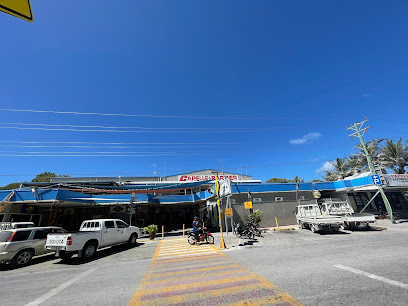
Ewa Lodge
Discover tranquility and natural beauty at Ewa Lodge in Ronave, a perfect blend of comfort and local charm for every traveler.
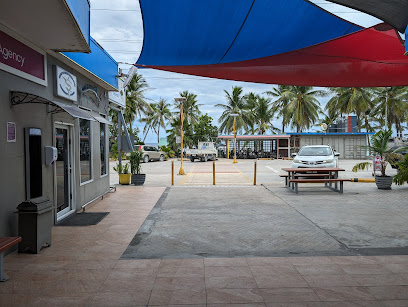
Geography of Nauru
Explore the untouched beauty of Nauru: an island paradise with stunning landscapes, rich culture, and unforgettable adventures in the Pacific.
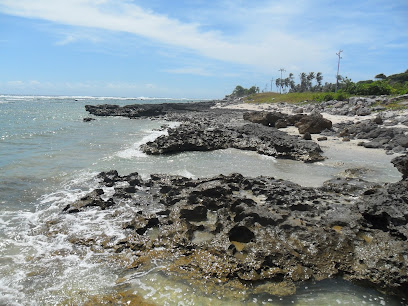
Od-N Aiwo Hotel
Discover the charm of Nauru at Od-N Aiwo Hotel, your serene getaway in Boe, offering comfort and access to stunning natural beauty.

Nauru
Discover the untouched beauty of Nauru, a unique island paradise in the Pacific Ocean, rich in culture and natural wonders.
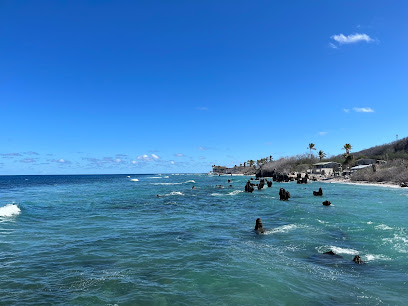
Anibare Bay
Experience the tranquil beauty of Anibare Bay, a hidden tropical paradise in Nauru perfect for relaxation and adventure.
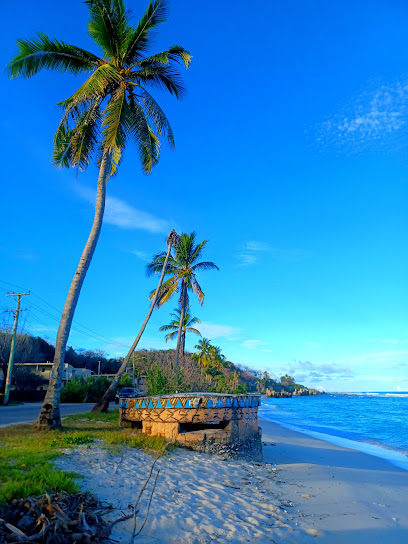
Naoero Museum
Explore the vibrant culture and history of Nauru at the Naoero Museum, a hidden gem in Yaren.
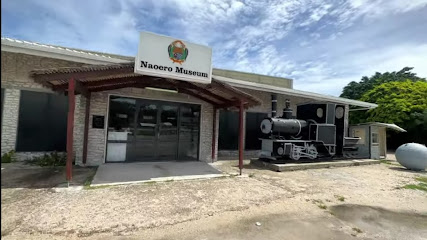
Meneng 1
Experience the serene beauty of Ibwenape at Meneng 1, a charming guesthouse perfect for your island getaway.
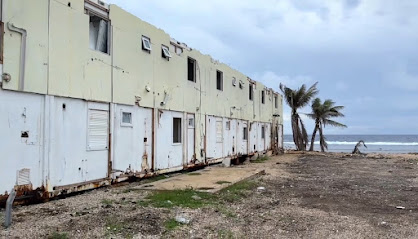
WWII Memorial Monument
Explore the solemn beauty of the WWII Memorial Monument in Orro, a tribute to bravery, sacrifice, and the enduring spirit of those who served during the war.
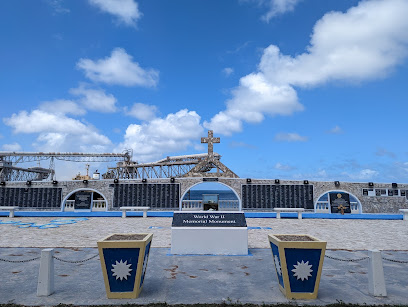
Buada Lagoon
Explore the serene beauty of Buada Lagoon in Nauru, a tranquil escape surrounded by lush nature and vibrant wildlife, perfect for relaxation and photography.
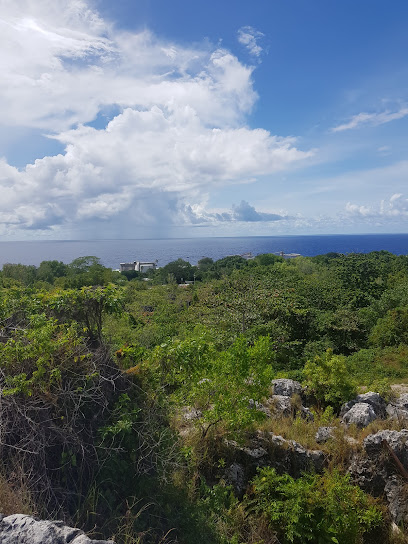
Moqua Well
Experience the tranquil beauty and cultural significance of Moqua Well, a serene freshwater lake in the heart of Nauru's lush landscape.
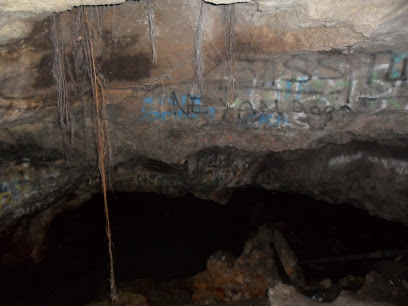
Central Plateau
Explore the stunning vistas and rich biodiversity of the Central Plateau, a natural gem in the heart of Nauru offering unforgettable experiences.

Nauru Tourism Corporation
Explore the wonders of Nauru with expert guidance from the Nauru Tourism Corporation, your essential travel resource on the island.
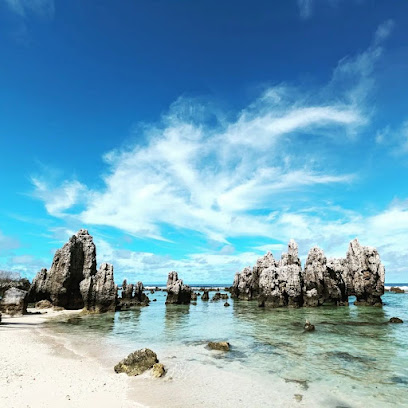
Moqua Caves
Discover the stunning Moqua Caves in Yaren, a mesmerizing natural wonder with breathtaking limestone formations and rich biodiversity.

Unmissable attractions to see
WWII Memorial Monument
Discover the WWII Memorial Monument in Nauru, a historical landmark honoring the sacrifices of heroes during World War II amidst beautiful landscapes.
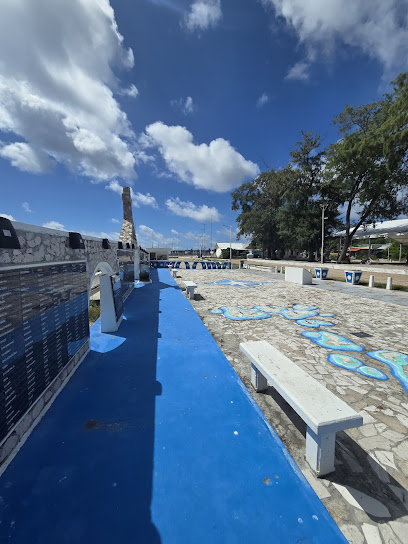
Chad Park
Discover the serene beauty of Chad Park, a natural haven for relaxation and outdoor activities in a picturesque setting.

Essential places to dine
The Bay Restaurant
Discover the culinary delights of The Bay Restaurant in Anibare – where local flavors meet stunning ocean views.
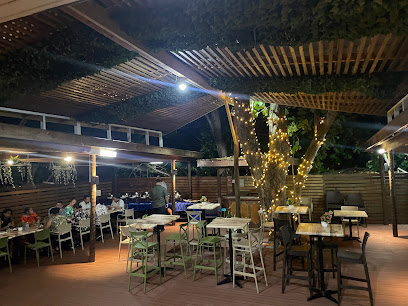
OMG Sushi Restaurant
Experience top-notch sushi dining at OMG Sushi Restaurant in Orro, where freshness meets tradition in every bite.
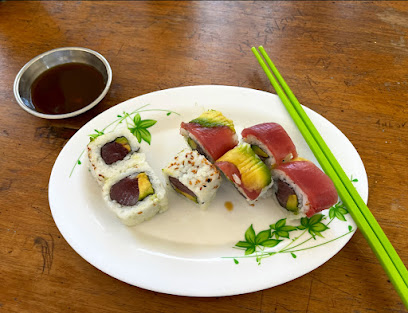
Mr Chippies
Experience the taste of Nauru at Mr Chippies – where local cuisine meets friendly hospitality in Anibare.
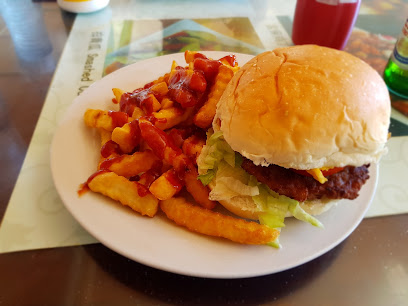
Star Kingdom
Experience authentic Asian cuisine at Star Kingdom in Boe – where tradition meets flavor in every dish.
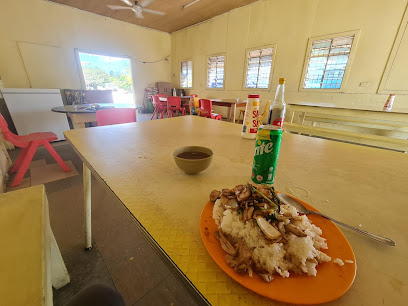
Chinese Restaurant Buada
Experience the rich flavors of China at Chinese Restaurant Buada in Arenibek, where every dish tells a story.

Praises Restaurant
Experience authentic Chinese cuisine at Praises Restaurant in Anabar - where every dish tells a story.
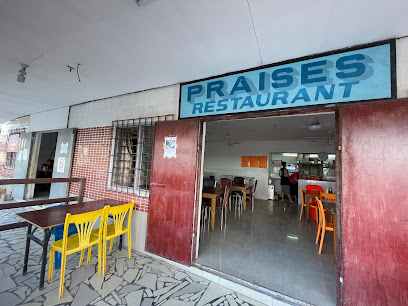
Anibare Boat Harbour Restaurant
Discover fresh seafood delights at Anibare Boat Harbour Restaurant amidst breathtaking ocean views in Anibare.
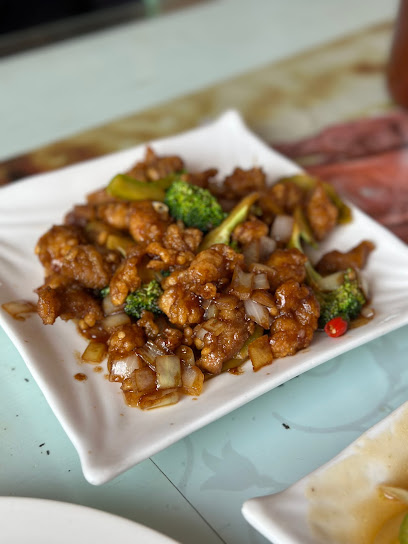
Florrowest Restaurant
Discover Florrowest Restaurant in Boe for an unforgettable dining experience featuring local flavors and warm hospitality.
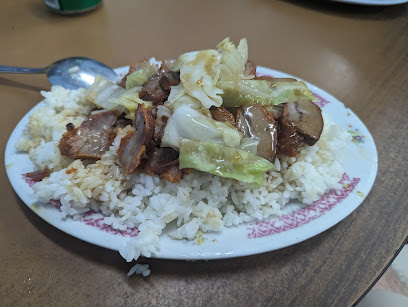
Somewhere Else in Nauru
Experience authentic Nauruan cuisine at Somewhere Else in Arijejen – a culinary haven for food lovers visiting Nauru.
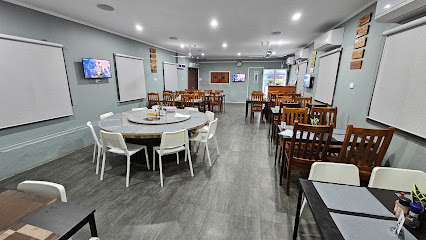
Moon River Restaurant
Discover exquisite Chinese dishes at Moon River Restaurant in Arijejen—an ideal spot for food lovers seeking authentic flavors by the waterfront.
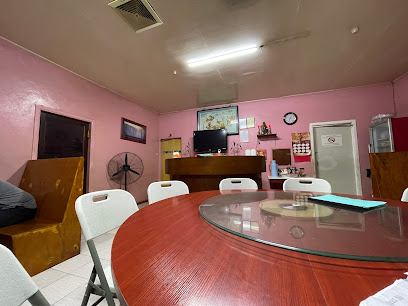
Lucky Tigeress Yum Cha
Experience an authentic breakfast journey at Lucky Tigeress Yum Cha in Arijejen, where every dish tells a story of local flavors and culinary tradition.
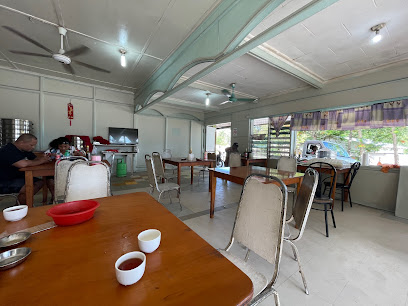
Jullem
Experience authentic Chinese cuisine at Jullem in Anibare, where every dish tells a story and flavor takes center stage.
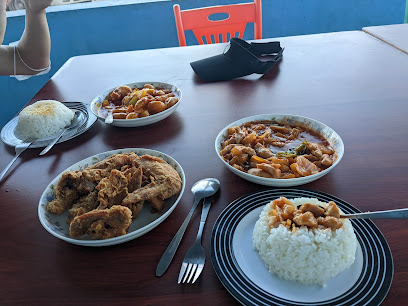
J’ RESTAURANT
Discover authentic Chinese cuisine at J’ RESTAURANT in Arijejen - a delightful culinary escape along Waterfront Road.
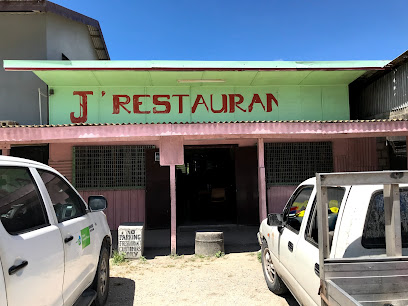
Double J
Discover the flavors of Ibwenape at Double J, where local ingredients meet culinary creativity in a cozy dining setting.
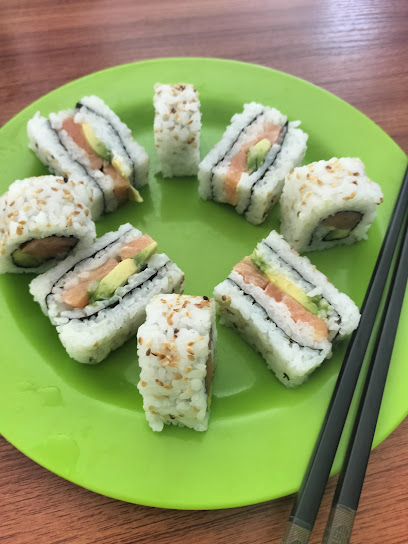
Crystal Kitchen
Experience delightful family dining at Crystal Kitchen in Anibare, where fresh flavors meet welcoming ambiance.
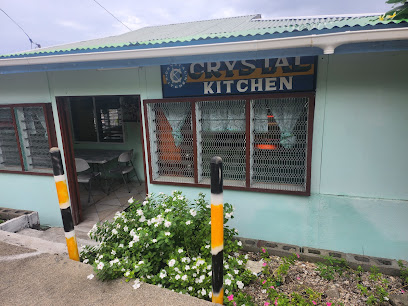
Markets, malls and hidden boutiques
Eigigu Supermarket
Explore local flavors and everyday essentials at Eigigu Supermarket in Boe, a must-visit grocery store for tourists seeking authentic experiences.
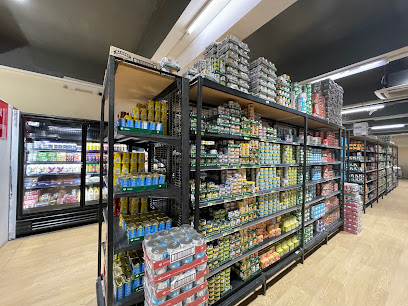
Pacific store
Discover local flavors and fresh produce at Pacific Store in Nibok – a grocery haven for tourists and locals alike.
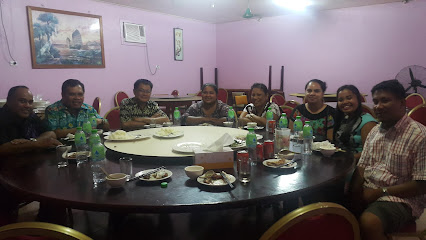
Zombies Store
Explore the unique offerings at Zombies Store, a delightful general store in Yaren perfect for souvenirs and local goods.

Vim No.1 Store
Explore the vibrant Vim No.1 Store in Arijejen for authentic Nauruan flavors and local essentials, making it a must-visit for tourists.
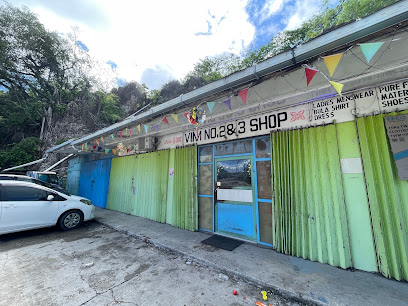
Ataro Bay Store
Explore Ataro Bay Store for a delightful selection of local groceries and essentials on your island adventure.
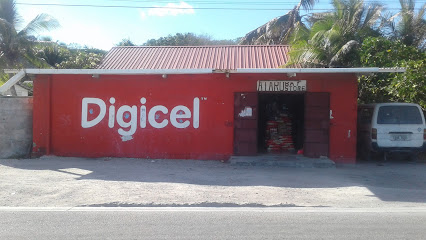
Elizabeth's Garden
Explore Elizabeth's Garden in Boe for unique finds and delightful shopping experiences with friendly service.
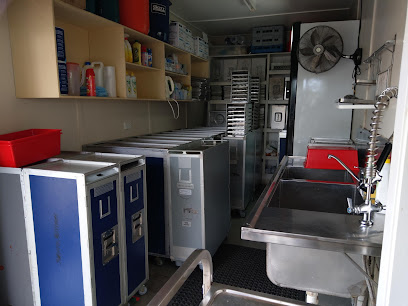
Sunset Corner Enterprise
Discover local treasures at Sunset Corner Enterprise, your go-to general store in Borderline for essentials and unique finds.

Rainbow Store
Discover the Rainbow Store in Baiti, your go-to convenience shop for local treats, essentials, and a taste of vibrant community life.
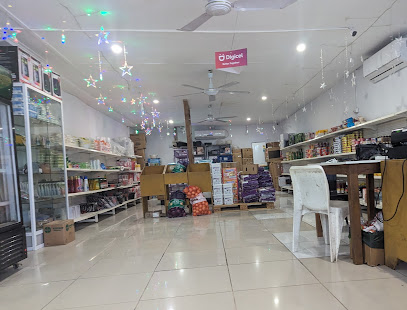
Tuka Luka Store
Explore the vibrant styles at Tuka Luka Store in Yaren, Nauru, where local culture meets contemporary fashion.

MyStore
Discover the charm of Yaren at MyStore, your go-to general store for local delicacies and essential goods.

Aredetõ Store
Discover the convenience of Aredetõ Store in Arenibek, offering local snacks, essentials, and unique souvenirs for your travel needs.

Abwan Warehouse
Discover authentic local crafts and quality home goods at Abwan Warehouse, Arijejen's hidden gem for unique shopping experiences.

Halo Store
Explore the heart of Arenibek at Halo Store, where local crafts and delicious delicacies await every curious traveler.
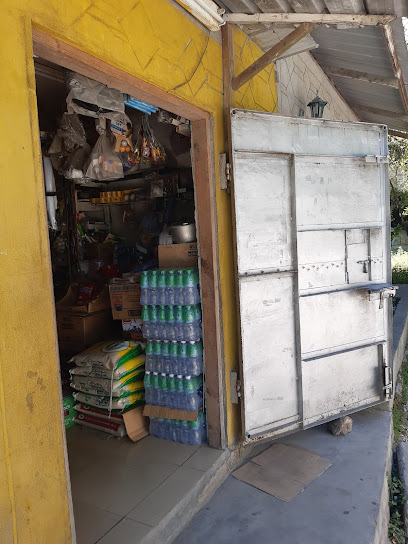
Sparkle 7
Explore Sparkle 7 in Iangan for a unique shopping experience featuring local crafts and innovative products that reflect the culture of the region.

IJ Store
Explore the essence of Ijuw at IJ Store, your go-to grocery store for local flavors and unique products.

Essential bars & hidden hideouts
The Bay Restaurant
Experience the flavors of Anibare at The Bay Restaurant, where fresh seafood meets stunning ocean views in a serene dining atmosphere.
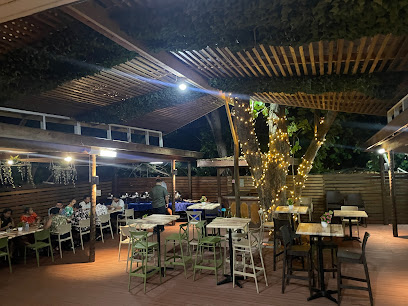
Jules On The Deck
Discover the vibrant atmosphere and stunning views at Jules On The Deck, Nibok's premier bar for handcrafted cocktails and unforgettable sunsets.
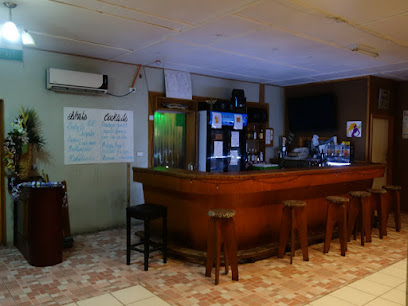
Reef Bar
Discover the vibrant Reef Bar in Anibare, Nauru, where refreshing drinks and a friendly atmosphere await every traveler.
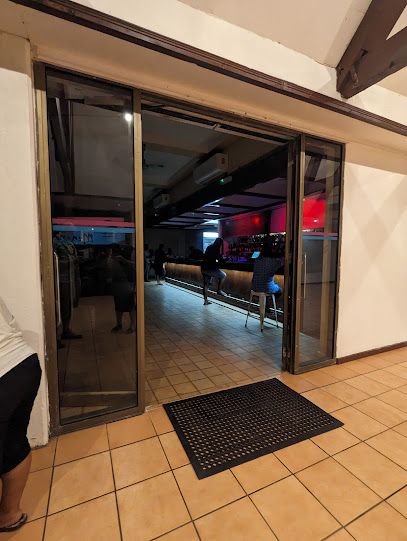
Mr Chippies
Experience the authentic culinary delights of Mr. Chippies in Anibare, where fresh ingredients meet local flavors in a welcoming atmosphere.
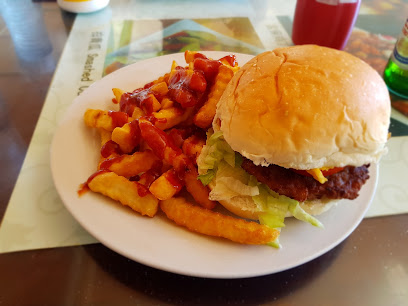
Anibare Boat Harbour Restaurant
Experience the flavors of Nauru at Anibare Boat Harbour Restaurant, where local cuisine meets stunning ocean views.
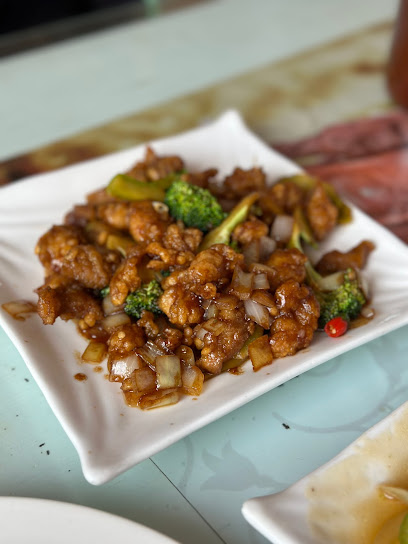
Milk Bar
Discover the refreshing taste of milk-based beverages at Milk Bar in Yangor, a perfect retreat for travelers seeking a delightful café experience.
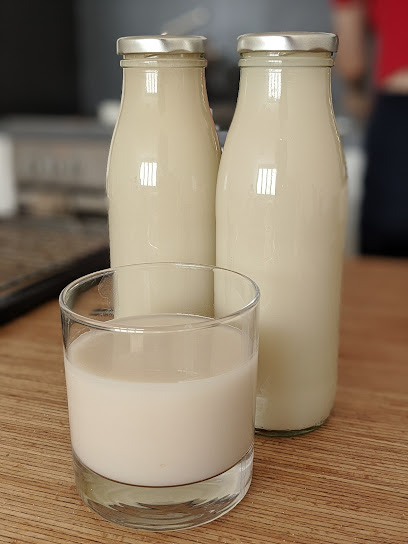
AIA Grog bar
Discover AIA Grog Bar in Anabar for an unforgettable nightlife experience filled with vibrant drinks and local culture.

Angel Grog Bar
Discover the vibrant nightlife of Yaren at Angel Grog Bar, where great drinks and lively conversations await you.

Local Phrases
-
- HelloIaorana
[yo-ra-na] - GoodbyeKa kite
[ka kee-te] - YesAe
[ai] - NoKare
[ka-re] - Please/You're welcomeParau
[pa-rau] - Thank youMauruuru
[mau-ru-ru] - Excuse me/SorryPardon
[pa-don] - How are you?E aha ta oe?
[e a-ha ta o-e] - Fine. And you?Maitai. E pehea koe?
[mai-tai e pe-he-a ko-e] - Do you speak English?E haere mai koe i te reo Ingarangi?
[e ha-e-re mai ko-e i te re-o in-ga-ran-gi] - I don't understandKare au e mohio
[ka-re au e mo-hio]
- HelloIaorana
-
- I'd like to see the menu, pleaseE hiahia au e kite i te mena, maruru
[e hi-a-hia au e ki-te i te me-na ma-ru-ru] - I don't eat meatKare au e kai i te kai
[ka-re au e ka-i i te ka-i] - Cheers!Manuia!
[ma-nu-ia] - I would like to pay, pleaseE hiahia au e utu, maruru
[e hi-a-hia au e u-tu ma-ru-ru]
- I'd like to see the menu, pleaseE hiahia au e kite i te mena, maruru
-
- Help!Awhina!
[a-wi-na] - Go away!Haere atu!
[ha-e-re a-tu] - Call the Police!Karanga ki te Pirihimana!
[ka-ran-ga ki te pi-ri-hi-ma-na] - Call a doctor!Karanga ki te Rata!
[ka-ran-ga ki te ra-ta] - I'm lostI te huarahi au
[i te hua-ra-hi au] - I'm illI te mate au
[i te ma-te au]
- Help!Awhina!
-
- I'd like to buy...E hiahia au e hoko...
[e hi-a-hia au e ho-ko] - I'm just lookingKei te titiro noa au
[kei te ti-ti-ro no-a au] - How much is it?E hia moni?
[e hi-a mo-ni] - That's too expensiveHe nui rawa te utu
[he nu-i ra-wa te u-tu] - Can you lower the price?Ka taea e koe te whakaiti i te utu?
[ka ta-ea e ko-e te fa-ka-i-ti i te u-tu]
- I'd like to buy...E hiahia au e hoko...
-
- What time is it?He aha te wa?
[he a-ha te wa] - It's one o'clockKo te tahi karaka
[ko te ta-hi ka-ra-ka] - Half past (10)Tekau ma rua karaka
[te-ka-u ma ru-a ka-ra-ka] - MorningAhiahi
[a-hi-a-hi] - AfternoonApongite
[a-po-ngi-te] - EveningMatahiti
[ma-ta-hi-ti] - YesterdayIne
[i-ne] - TodayNei
[ne-i] - TomorrowApopo
[a-po-po] - 1Tahi
[ta-hi] - 2Rua
[ru-a] - 3Toru
[to-ru] - 4Wha
[fa] - 5Rima
[ri-ma] - 6Ono
[o-no] - 7Whitu
[fi-tu] - 8Waru
[wa-ru] - 9Iwa
[i-wa] - 10Tekau
[te-ka-u]
- What time is it?He aha te wa?
-
- Where's a/the...?Kei hea te...?
[kei he-a te] - What's the address?He aha te wahi?
[he a-ha te wa-hi] - Can you show me (on the map)?Ka taea e koe te whakaatu mai i ahau (i te mahere)?
[ka ta-ea e ko-e te fa-ka-a-tu mai i a-ha-u i te ma-he-re] - When's the next (bus)?Ahea te waa o te ruma nui?
[a-he-a te wa-a o te ru-ma nu-i] - A ticket (to ....)He tiketi (ki te ....)
[he ti-ke-ti ki te]
- Where's a/the...?Kei hea te...?
History of Denigomodu
-
Denigomodu, like the rest of Nauru, was originally settled by Micronesian and Polynesian peoples over 3,000 years ago. The indigenous Nauruans developed a unique culture and society based around fishing, agriculture, and crafting. Traditional practices such as canoe-building and weaving are deeply rooted in the history of Denigomodu.
-
In the late 19th century, Nauru, including Denigomodu, came under German control. The island was annexed by Germany in 1888 and became part of their colonial empire. During this period, the Nauruan society experienced significant changes due to the introduction of Western influences and Christianity by European missionaries.
-
The discovery of phosphate on Nauru in the early 20th century transformed Denigomodu significantly. Under German, and later Australian, British, and New Zealand administration, phosphate mining became the island’s main industry. Denigomodu played a crucial role as one of the areas where mining operations were centered, bringing economic growth but also environmental challenges.
-
During World War II, Nauru, including Denigomodu, was occupied by Japanese forces from 1942 to 1945. The occupation brought hardship to the local population, including forced labor and food shortages. After the war, the island was placed under Australian trusteeship by the United Nations.
-
Nauru gained independence in 1968, and Denigomodu, like other districts, began to navigate its path as part of the new nation. The area saw improvements in infrastructure and public services, supported by revenues from phosphate mining. However, the depletion of phosphate reserves has posed significant economic challenges.
-
Today, Denigomodu is a vibrant district that reflects both its rich history and the challenges of modernity. It houses a mix of residential areas, educational institutions, and remnants of its mining past. The community continues to celebrate its cultural heritage through traditional events and practices, while also adapting to contemporary influences.
Denigomodu Essentials
-
Denigomodu is located in the western part of Nauru. The only way to reach Nauru is by air, typically via Nauru International Airport (INU) which is the only airport in the country. Flights are available from Brisbane, Australia, and a few other Pacific islands. From the airport, Denigomodu is just a short drive away, and taxis are readily available.
-
Nauru is a small island, and getting around Denigomodu is relatively straightforward. The most common forms of transportation are taxis and rental cars. Bicycles and motorbikes are also popular among locals and provide a convenient way to explore the area. Public transportation is limited, so renting a vehicle may provide the most flexibility.
-
The official currency of Nauru is the Australian Dollar (AUD). Credit cards are accepted in some hotels and larger stores, but it's advisable to carry cash for smaller establishments and local markets. There are a few ATMs on the island, but it's a good idea to withdraw sufficient cash upon arrival.
-
Denigomodu is generally a safe area for tourists. However, as with any travel destination, it is important to take standard precautions. Avoid walking alone at night in unfamiliar areas and always keep an eye on your belongings. There are no specific high-crime areas targeting tourists, but staying vigilant is always recommended.
-
In case of an emergency, dial 110 for police assistance or 111 for medical emergencies. The local hospital, Republic of Nauru Hospital, is equipped to handle most medical situations. It is advisable to have travel insurance that covers medical emergencies. For minor health issues, local pharmacies are available where you can purchase over-the-counter medications.
-
Fashion: Do dress modestly, especially in residential areas and public spaces. Avoid wearing overly revealing clothing. Religion: Do be respectful of local customs and religious practices. Public Transport: Do be courteous and respectful to drivers and other passengers. Don't expect a strict schedule as services can be irregular. Greetings: Do greet people with a friendly smile or a nod. Handshakes are also common. Eating & Drinking: Do try local dishes and be willing to engage with locals over a meal. Don't waste food as it is considered disrespectful.
-
To experience Denigomodu like a local, visit the local markets where you can buy fresh fish, coconut products, and other local goods. Engage with the residents, who are generally friendly and hospitable. Don't miss the opportunity to visit the nearby Anibare Bay for swimming and snorkeling. For a cultural experience, attend local events and festivals which provide insights into Nauruan traditions and lifestyle.
Nearby Cities to Denigomodu
-
Things To Do in Aiwo
-
Things To Do in Buada
-
Things To Do in Uaboe
-
Things To Do in Boe
-
Things To Do in Anibare
-
Things To Do in Yaren
-
Things To Do in Ijuw
-
Things To Do in Anabar
-
Things To Do in Kosrae
-
Things To Do in Mili
-
Things To Do in Majuro
-
Things To Do in Aur
-
Things To Do in Lata
-
Things To Do in Auki
-
Things To Do in Tulagi







